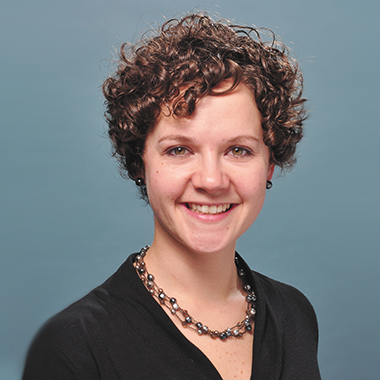A: Recovering from Covid-19 provides some immunity, but the strength and length of time you keep that immunity are not consistent from person to person. Think of your Covid-19 immunity as an unlabeled bottle of sunscreen. The level of protection provided is hard to predict.
Sunscreen is designed to reduce the amount of UVA and UVB light your skin is exposed to. It comes in different formulations that provide a specific sun protection factor or SPF. If you typically burn after 10 minutes, an SPF 4 sunscreen gives you 4 times the protection or 40 minutes. Not everyone burns at the same rate, but the measurement of SPF is consistent. OK, back to Covid.
You likely have some protection after recovering from Covid-19 infection, but it’s not easy to determine how much. Levels of antibodies after infection can differ as much as 200 fold! Some immune responses will provide minimal protection, like a low SPF sunscreen, while others provide robust protection like an SPF 80. And some will have no protection at all – just baby oil in that sunscreen bottle. Applying standard precautions to everyone – wear masks, maintain distance, limit interactions – provides additional layers of protection to all.
Protection wanes with time. It remains inconsistent how LONG someone would be protected after SARS-CoV-2 infection. Current evidence suggests most, BUT NOT ALL, individuals who have recovered from Covid-19 maintain some immunity for 3-7 months. Reinfection is possible and cases have been reported. Specific studies examining the frequency of reinfection at a population level have not been completed to date.
Community risk remains HIGH. The Covid forecast in most communities is RED HOT. Millions have no sunscreen at all. In an effort to save emergency resources for those who need it most, maintaining SMART guidelines decreases opportunities for additional spread.
A vaccine provides a consistent formulation and instructions, like a sunscreen label. Unlike immunity gained from infection, emerging evidence suggests a consistent response to SARS-CoV-2 vaccines in the populations studied. In addition, vaccines provide more predictable responses that will inform dosing frequency and windows of protection.
Keep up the universal precautions of spacing out, masking, maximizing airflow, restricting networks, keeping interactions short, and hand hygiene as SARS-CoV-2 science and vaccines continue to rapidly evolve. While we are at it with the risk reduction, wear sunscreen.
Additional reading:
Previous DP post on Immune response
Length and Strength of immunity (Conclusions section provides a nice summary of the work)


